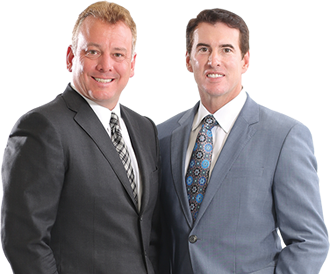What is Probate Administration?

When a loved one passes away, their individual assets and assets owned as a joint tenant are managed and distributed through an administrative process called probate. Probate administration is a complicated process that can be costly, time-consuming, and difficult to navigate if an estate plan has not been prepared. Being knowledgeable about the probate administration process can help beneficiaries and family members experience a quick and seamless distribution of wealth after a benefactor is laid to rest.
The Initial Probate Administration Process
A probate court is in control of the probate administration process until the estate has been settled and distributed. The speed with which probate court is conducted depends on the whether or not the deceased created a testamentary will — a legal document used to transfer an estate to beneficiaries after death. If a testamentary will exists, it must first be filed in probate court to determine that it is genuine. If no will exists or if the will only covers a portion of the estate, state and federal law determines the distribution and the beneficiaries.
Steps of the Probate Court Process
After a testamentary will is authenticated, the probate court continues to oversee the probate process in the following order:
- Appointment of an executor or personal representative. If one is not already named in the testamentary will, an executor, trustee, or personal representative is appointed by the court to pay debts of the estate and distribute the remaining assets to the beneficiaries. That is, unless the will is contested due to claims of disproportionate and unfair distribution of assets.
- The executor notifies the beneficiaries. All heirs and beneficiaries of the estate must be notified of their inheritance. Also, the probate information about the deceased individual is made available to the public.
- The property is appraised. All property and assets must be inventoried by the executor or personal representative to determine the value of the estate and ensure that it has sufficient assets to pay off any creditors.
- Taxes are paid, and assets disbursed. Any funds left over after taxes and creditors are paid are then distributed amongst the beneficiaries according to the will and the laws of the state.
Be Prepared for the Probate Process
If you wish to leave your estate to your loved ones, the Attorneys at the BCN Law Firm can determine if your documents are in order and help provide you with the peace-of-mind that your wishes will be carried out. We can help you understand the probate administration process, offer legal advice, or serve as your executor or personal representative of a will in a manner that is quick, inexpensive and private. With our office in The Villages, attorneys Wade Boyette and Heath Nailos are able to better serve the surrounding Lake, Sumter, and South Marion communities.
Start preparing for the future today. Contact the BCN Law Firm at 352-775-4739.








